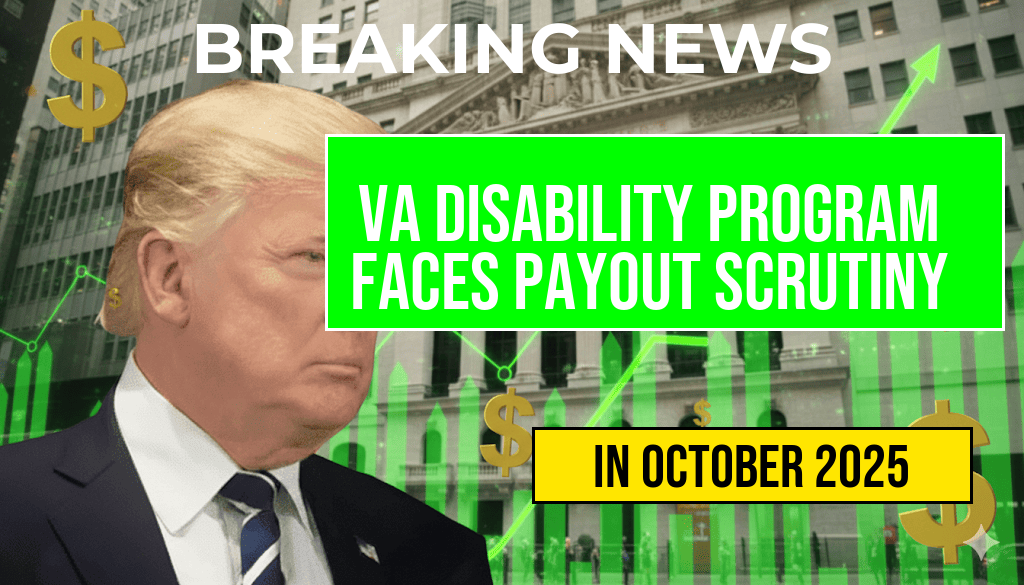As the cost of living continues to rise, many elderly and disabled individuals rely on the Supplemental Nutrition Assistance Program (SNAP) for essential food assistance. The maximum monthly benefit for individuals can reach up to $994, providing crucial support to those in need. However, navigating the complexities of SNAP regulations can be challenging, particularly for vulnerable populations. This article aims to guide recipients through the nuances of maintaining their maximum benefit without risking reductions, ensuring they receive the support necessary for their well-being.
Understanding SNAP Eligibility for Elderly and Disabled Individuals
SNAP eligibility is determined by various factors, including income, household size, and expenses. For elderly and disabled individuals, certain exemptions and deductions apply, which can significantly influence benefit amounts. Understanding these criteria is essential for maximizing benefits.
Key Eligibility Criteria
- Income Limits: Generally, households must have a gross income at or below 130% of the federal poverty line. For 2023, this translates to approximately $1,473 per month for a single individual.
- Net Income Calculation: After allowable deductions, the net income must be at or below the poverty line to qualify for benefits.
- Household Composition: The number of individuals in a household affects the total benefit amount. Elderly and disabled individuals living alone or with a spouse may have different calculations than those living with additional family members.
Maximizing SNAP Benefits
To ensure that elderly and disabled individuals maintain their maximum benefit of $994, it is crucial to understand how to maximize deductions and avoid common pitfalls that could lead to reductions.
Utilizing Deductions to Increase Benefits
- Medical Expenses: For elderly or disabled individuals, unreimbursed medical expenses can be deducted from income. This includes costs for prescriptions, doctor visits, and other medical necessities.
- Housing Costs: Rent, mortgage payments, and utility expenses are also deductible. Keeping accurate records of these expenses can bolster your case during the application or recertification process.
- Dependent Care Costs: If you have dependents, childcare expenses can be deducted, thereby increasing your net income calculation.
Avoiding Common Mistakes in SNAP Applications
Understanding the application process is crucial for preventing unnecessary reductions in benefits. Here are some common mistakes to avoid:
Accurate Income Reporting
Always report your income accurately and promptly. Failing to do so can lead to overpayments, which may result in the requirement to repay benefits and potential disqualification.
Regularly Updating Your Information
Changes in circumstances, such as income fluctuations or changes in household composition, should be reported immediately to your local SNAP office. Not keeping your information up to date can lead to reduced benefits or ineligibility.
Resources for Assistance
Several organizations offer resources and support for elderly and disabled individuals navigating SNAP regulations. Here are a few valuable resources:
- USDA SNAP Eligibility – Detailed information on eligibility criteria and application procedures.
- Nutrition.gov SNAP Resources – Provides comprehensive resources and links for SNAP participants.
- The Balance – SNAP Benefits for Seniors – Offers insights specific to senior citizens regarding SNAP benefits.
Conclusion: Securing Your Benefits
By understanding the eligibility requirements, maximizing deductions, and avoiding common application mistakes, elderly and disabled individuals can effectively navigate SNAP regulations. Maintaining accurate records and promptly reporting changes will help ensure that recipients continue to receive their maximum benefit of $994, allowing them to focus on their health and well-being without added financial stress.
Frequently Asked Questions
What is the maximum SNAP benefit for elderly and disabled individuals?
The maximum SNAP benefit for elderly and disabled individuals is currently $994 per month. This amount is designed to help cover the cost of food and other essentials.
How can elderly and disabled individuals ensure they receive the maximum SNAP benefit?
Elderly and disabled individuals can ensure they receive the maximum SNAP benefit by accurately reporting their income, expenses, and any other relevant financial information. Staying informed about regulations and eligibility criteria is also crucial.
Are there any special considerations for elderly and disabled applicants when applying for SNAP?
Yes, elderly and disabled applicants may have special considerations such as simplified reporting requirements and potential exemptions from certain work requirements. It is important to check with local SNAP offices for specific guidelines.
What types of income can affect SNAP eligibility for elderly and disabled individuals?
Income types that can affect SNAP eligibility for elderly and disabled individuals include Social Security benefits, pensions, and any wages. It is essential to report all sources of income to avoid any risk of benefit reduction.
What should I do if I believe my SNAP benefits have been incorrectly reduced?
If you believe your SNAP benefits have been incorrectly reduced, you should contact your local SNAP office immediately to review your case. You may also have the option to request a hearing to appeal the decision.








